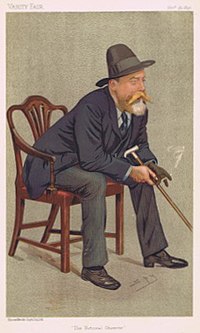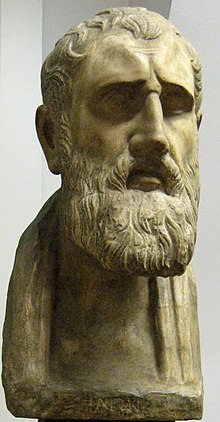The Man of Lawlessness
2 Concerning the coming of our Lord Jesus Christ and our being gathered to him, we ask you, brothers and sisters, 2 not
to become easily unsettled or alarmed by the teaching allegedly from
us—whether by a prophecy or by word of mouth or by letter—asserting that the day of the Lord has already come. 3 Don’t let anyone deceive you in any way, for that day will not come until the rebellion occurs and the man of lawlessness[a] is revealed, the man doomed to destruction. 4 He will oppose and will exalt himself over everything that is called God or is worshiped, so that he sets himself up in God’s temple, proclaiming himself to be God.
5 Don’t you remember that when I was with you I used to tell you these things? 6 And now you know what is holding him back, so that he may be revealed at the proper time. 7 For the secret power of lawlessness is already at work; but the one who now holds it back will continue to do so till he is taken out of the way. 8 And then the lawless one will be revealed, whom the Lord Jesus will overthrow with the breath of his mouth and destroy by the splendor of his coming. 9 The coming of the lawless one will be in accordance with how Satan works. He will use all sorts of displays of power through signs and wonders that serve the lie, 10 and all the ways that wickedness deceives those who are perishing. They perish because they refused to love the truth and so be saved. 11 For this reason God sends them a powerful delusion so that they will believe the lie 12 and so that all will be condemned who have not believed the truth but have delighted in wickedness.Stand Firm
13 But we ought always to thank God for you, brothers and sisters loved by the Lord, because God chose you as firstfruits[b] to be saved through the sanctifying work of the Spirit and through belief in the truth. 14 He called you to this through our gospel, that you might share in the glory of our Lord Jesus Christ.15 So then, brothers and sisters, stand firm and hold fast to the teachings[c] we passed on to you, whether by word of mouth or by letter.
16 May our Lord Jesus Christ himself and God our Father, who loved us and by his grace gave us eternal encouragement and good hope, 17 encourage your hearts and strengthen you in every good deed and word.
Invictus
From Wikipedia, the free encyclopedia
This article is about the poem. For other uses, see Invictus (disambiguation).
| "Invictus" | |
|---|---|

William Ernest Henley Vanity Fair 26 November 1892
|
|
| Author | William Ernest Henley |
| Country | England |
| Language | English |
| Genre(s) | Lyric poetry |
| Publisher | Book of Verses |
| Media type | Print (periodical) |
| Publication date | 1888 |
At the age of 12, Henley contracted tuberculosis of the bone. A few years later, the disease progressed to his foot, and physicians announced that the only way to save his life was to amputate directly below the knee. It was amputated when he was 17.[6] Stoicism inspired him to write this poem.[7] Despite his disability, he survived with one foot intact and led an active life until his death at the age of 53.
Text
Out of the night that covers me,
Black as the pit from pole to pole,
I thank whatever gods may be
For my unconquerable soul.
In the fell clutch of circumstance
I have not winced nor cried aloud.
Under the bludgeonings of chance
My head is bloody, but unbowed.
Beyond this place of wrath and tears
Looms but the Horror of the shade,
And yet the menace of the years
Finds and shall find me unafraid.
It matters not how strait the gate,
How charged with punishments the scroll,
I am the master of my fate:
I am the captain of my soul.
Importance
Stoicism
From Wikipedia, the free encyclopedia
Stoicism is a school of Hellenistic philosophy founded in Athens by Zeno of Citium in the early 3rd century BC. The Stoics taught that destructive emotions resulted from errors in judgment, and that a sage, or person of "moral and intellectual perfection," would not suffer such emotions.[1]Stoics were concerned with the active relationship between cosmic determinism and human freedom, and the belief that it is virtuous to maintain a will (called prohairesis) that is in accord with nature. Because of this, the Stoics presented their philosophy as a way of life, and they thought that the best indication of an individual's philosophy was not what a person said but how they behaved.[2]
Later Stoics, such as Seneca and Epictetus, emphasized that because "virtue is sufficient for happiness," a sage was immune to misfortune. This belief is similar to the meaning of the phrase "stoic calm," though the phrase does not include the "radical ethical" Stoic views that only a sage can be considered truly free, and that all moral corruptions are equally vicious.[1]
From its founding, Stoic doctrine was popular with a following in Greece and throughout the Roman Empire — including the Emperor Marcus Aurelius — until the closing of all pagan philosophy schools in AD 529 by order of the Emperor Justinian I, who perceived their pagan character as being at odds with the Catholic Christian faith.[3][4]

No comments:
Post a Comment